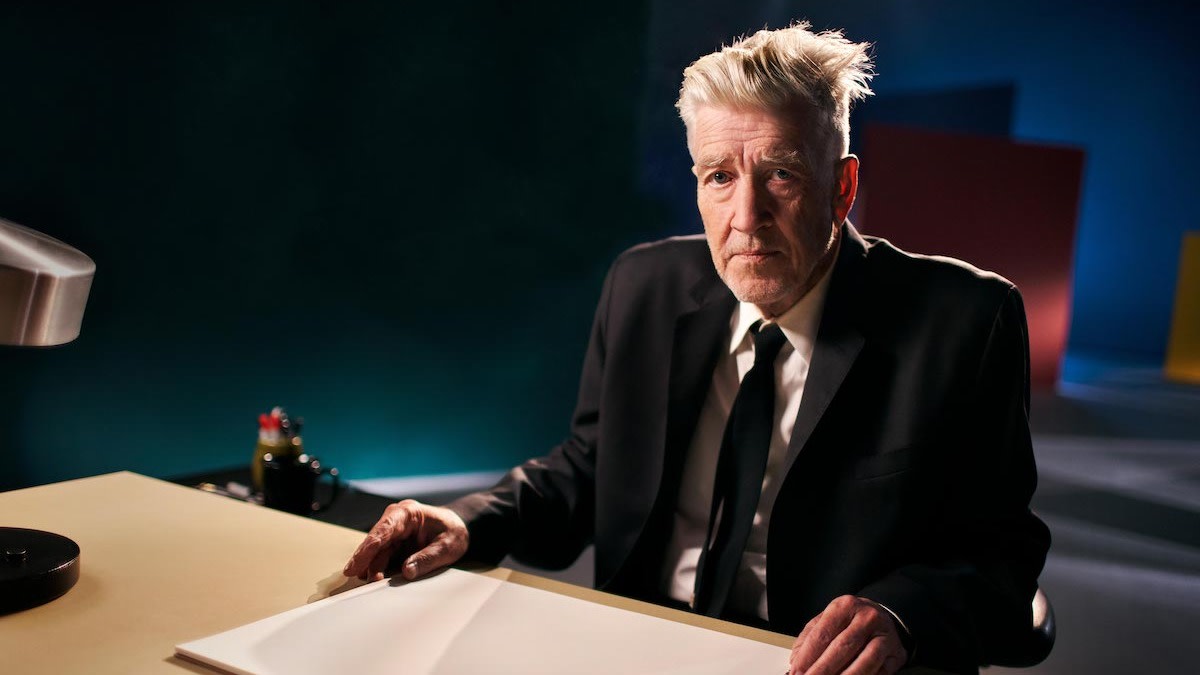David Lynch’s 6 Tips for Creative Filmmaking
Written by MasterClass
Last updated: Jun 7, 2021 • 3 min read
Filmmaker David Lynch is an auteur in every sense of the word. He's a visionary writer and director with an original style that's earned him critical acclaim in Hollywood and cult-favorite status around the world. From great films like Eraserhead, The Elephant Man, Blue Velvet, and Mulholland Drive, to TV shows like Twin Peaks, David Lynch's career has cemented him as a master of his craft. If you're a writer or director looking for advice from a director known for breaking the mold, there's no better guide than David Lynch.
Learn From the Best
David Lynch Discusses His Ideation Process
David Lynch’s 6 Tips for Creative Filmmaking
Whether you're working on a short film, a feature, or a TV show, David Lynch's insight into the filmmaking process can help you find your own creative workflow.
“You don't want to be worried about how it comes out when it's starting to flow. As you go back later, you see where it's getting weak, and you take those things out."
1. Write now, revise later. If you’re a first-time screenwriter, it’s easy to become so critical of your screenwriting work that you never finish a first draft. Try writing your first draft with an open mind; it will not only be easier to complete, but easier to rewrite as well.
"Every interruption just is like a knife stab in the middle of a thought. And you gotta start again. You start again. It's horrible. These days, there's interruptions around every corner, almost every second. You have to be somewhat selfish."
2. Protect your creative time from distractions. In other words, in order to focus and get some hard work done, it’s necessary to set aside uninterrupted time. Try turning off your phone and blocking social media, and tell others who may distract you that your work time is sacrosanct.
What you're picturing and what you're hearing and what you're feeling when you read that script—it's just like catching ideas from the ether. And you remember what you saw, what you heard, and the feelings. And those are your ideas now to follow."
3. Follow your mind’s eye. From preproduction through postproduction, stay true to what you first felt and pictured when reading the screenplay. Let those emotions and ideas influence your creative decisions.
"If you are interested in making your film your way, you have to have total creative freedom and final cut. Coming from the world of painting, I always say, no one walks into your room and says, ‘I don’t like that blue. Change it.’ It should be that way in film."
4. Prioritize your creative freedom. Having creative freedom doesn't mean you can’t take a good idea from a collaborator, but avoid putting yourself in a position where you're forced to take a bad idea.
"A film is made up of many elements, and you have to be true to every single, little, tiny element in order to have a chance that the whole holds together. If you're really true to every element and don't walk away until they feel correct, you can get a magical whole that is greater than the sum of its parts."
5. Care about every detail. Work tirelessly to flesh all the tiny details that will ultimately coalesce bring your film to life.
"A set should be like a happy family, almost like Thanksgiving every day. Congratulate people all the time for their good work. Create a safe feeling for the actors so they can go into a new character with as little fear as possible and really get in there deep."
6. Lead with a positive attitude. The happier you make the cast and all the crew members on your film production—regardless of their status on the call sheet—the more you’ll spark creativity on set.
Want to Learn More About Film?
Become a better filmmaker with the MasterClass Annual Membership. Gain access to exclusive video lessons taught by film masters, including David Lynch, Spike Lee, Shonda Rhimes, Jodie Foster, Martin Scorsese, and more.
